Many of us are aware of the intelligence of Parrots, Crows, or Ravens. These birds amaze us with their level of intelligence. But they are relatively large birds, what about small birds, are they also smart?
Small birds are indeed smart. From figuring out ingenious ways of obtaining food to the array of sounds they make which can only be interpreted as language. The incredible memory retention of some small birds also indicates a level of intelligence some of us only dream of.
In this post, I’m going to take you on a short journey through the mental capacity of small birds. You will be amazed by the ingenuity of some of our smaller feathered friends. After reading this, you may be a little hesitant to use the term “bird-brained.”
A great deal of the information in this article was sourced from the book The Genius Of Birds by Jennifer Ackerman.

I recommend this book if you are interested in learning about birds and their behavior. Get the latest pricing from Amazon, Walmart, and eBay via the button below.
How Do We Figure Out If A Small Bird Is Smart?
Before we can say that a small bird is smart we first have to understand what intelligence is.

Throughout history, we humans have been seemingly obsessed with our intelligence. It is only our brains that make us the dominant species on the planet – without them, we’d be doomed?!
We have no claws or talons, no protective shells, we can’t fly without the help of machines, and when it comes down to it, we are quite slow and awkward; unable to outrun any predator.
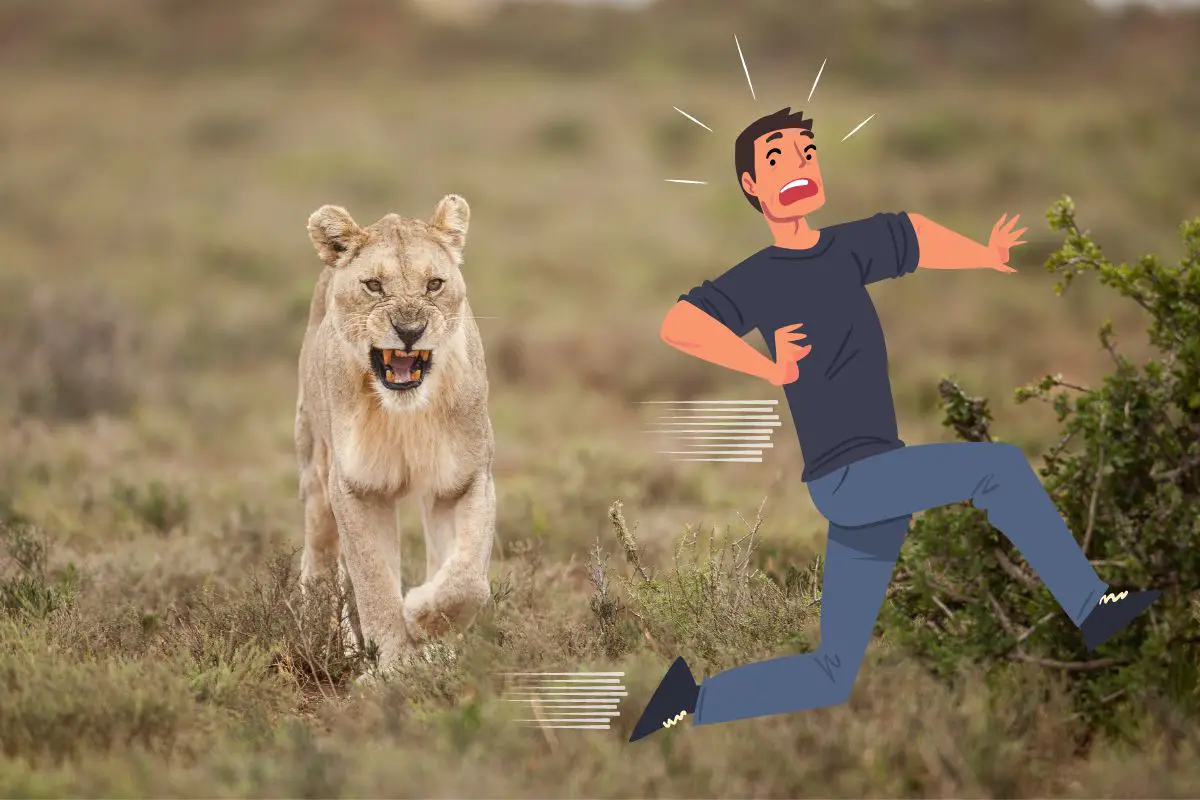
Intelligence is however a human concept. We thought it up…with our superior intelligence!
I think it is important to keep that in mind while we attempt to determine how smart or unintelligent another species may be. Perhaps our yardstick for intelligence is a little warped.
Learn the remarkable ways birds use their intelligence to communicate in this article on my blog.
What IS Intelligence?
The Oxford Dictionary defines intelligence as “the ability to acquire and apply knowledge and skills.”
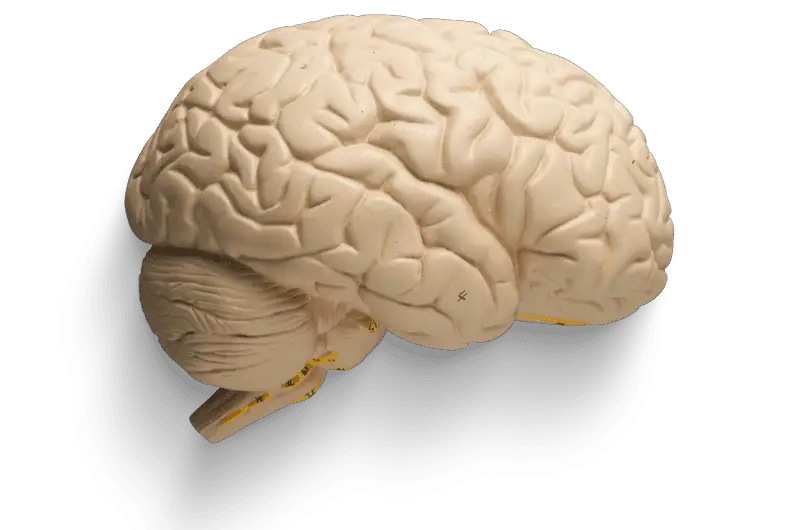
In his Theory of Multiple Intelligence, Harvard psychologist Howard Gardner identifies 8 different types of human intelligence:
- Bodily – coordinating your mind and body
- Linguistic – ability to learn and use language
- Musical – discerning the pitch, tone, rhythm, and timbre of sounds
- Mathematical/Logical – the capacity to analyze problems logically and carry out mathematical and scientific operations
- Naturalistic – understanding living things and nature
- Spacial – the ability to visualize the world in 3 dimensions
- Interpersonal – sensing people’s feelings and motives
- Intra-personal – understanding of self
So many of these types of intelligence can be seen in the bird world also. Think of a Homing Pigeon’s incredible ability to navigate, or the precision movements of an Osprey diving from a height to successfully pluck a fish from the water.
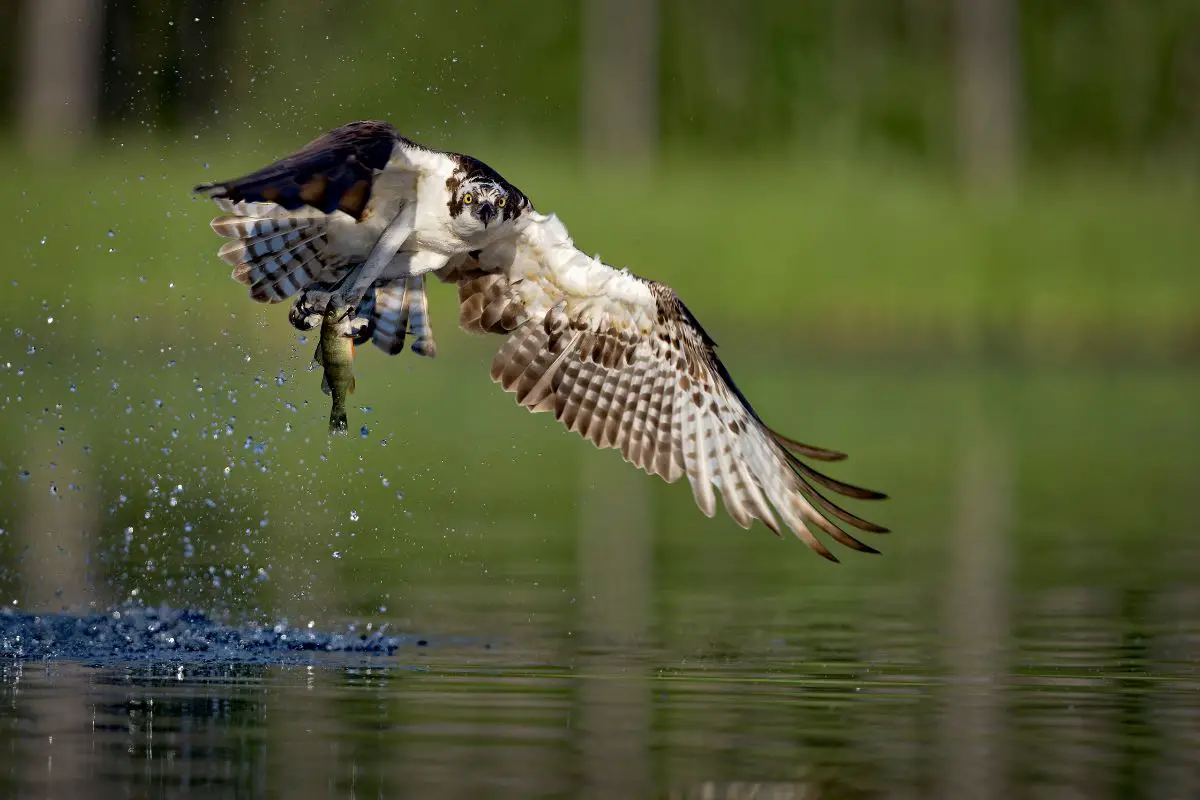
By some of these standards, even the smallest birds may be smarter than we think.
Learn about 20 common small American birds in this post here on my site.
Tits Know That Cream Rises To The Top
In the town of Swaythling, England in 1921, a mysterious event was unfolding…

Back in those days, milk was delivered to your front doorstep in little glass bottles capped with foil. People began finding their bottles had been opened and that the contents were slightly less than they should be.
Great Tits and Blue Tits had begun pecking at the foil caps on the bottles to get at the cream inside that had risen to the top. Birds can’t digest the carbohydrates in milk, only the lipids. The cream was a nice, fatty snack for them and the word (or tweet) started to spread.
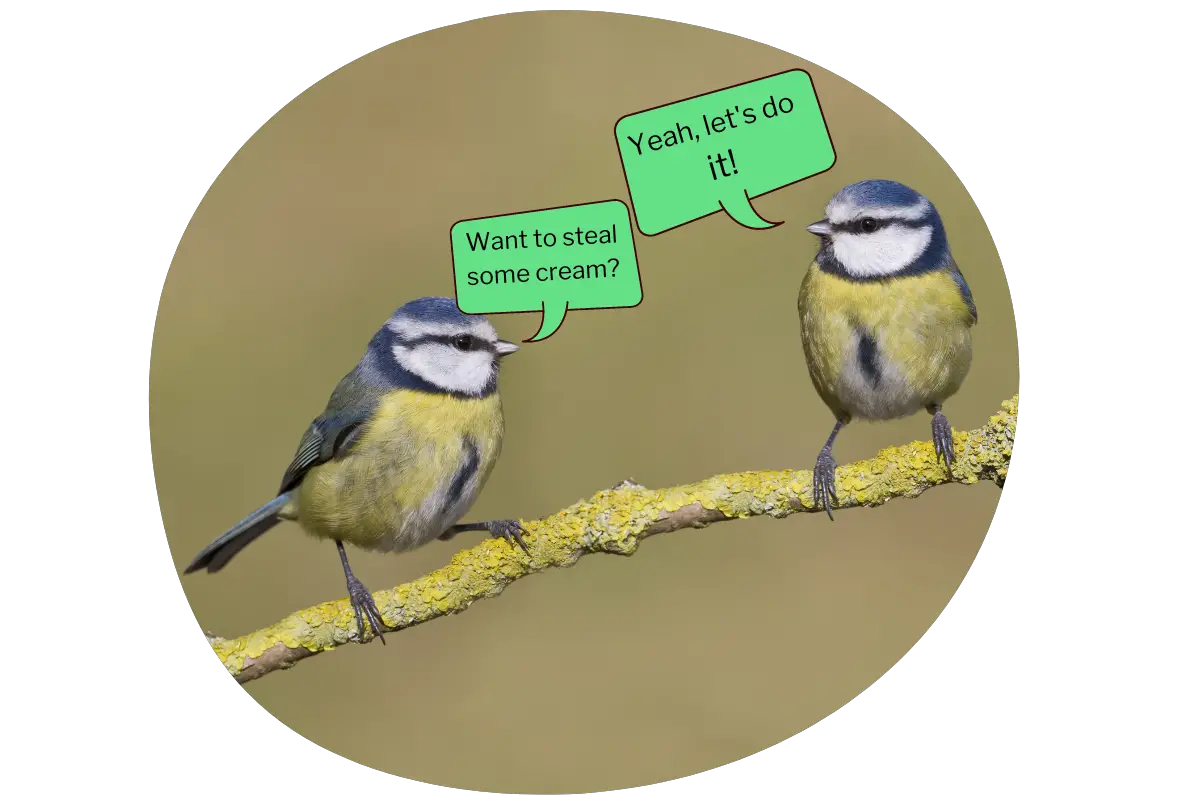
By 1949, this event was happening right across the UK. The only explanation for this is that one bird was learning it from the next. This demonstrates social learning and is proof of at least some form of intelligence.
Chickadees Have Their Own Language
Chickadees are small North American birds in the Tit family, around 6 to 14cm (2.4 to 5.5 in.) in length. Unlike their European cousins, they are not known for stealing cream from doorsteps but rather for their cuteness and more recently, their language.
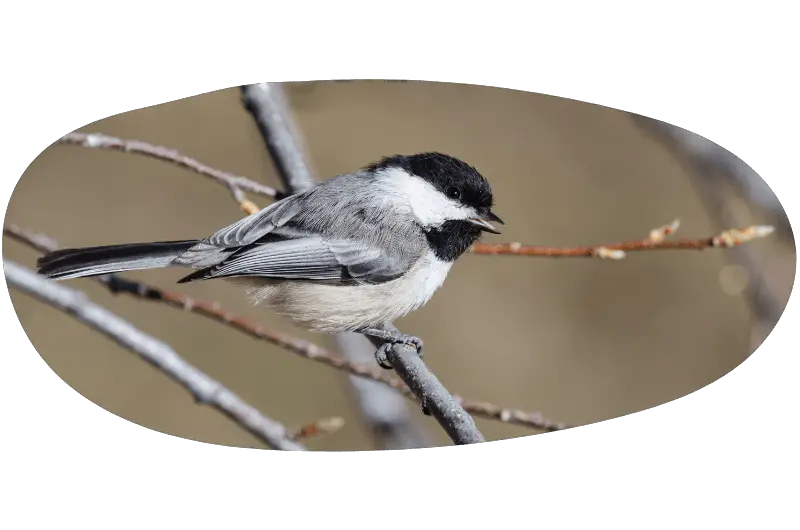
Scientists have studied the huge variety of sounds that Chickadees make and have declared it to be the most sophisticated language of any land animal.
Their wide array of whistles and gargles even have syntax (in humans; the arrangement of words and phrases to create sentences). They have calls that let other birds know where they are; some that inform nearby birds of tasty treats; and of course warning sounds that alert to the presence of predators.
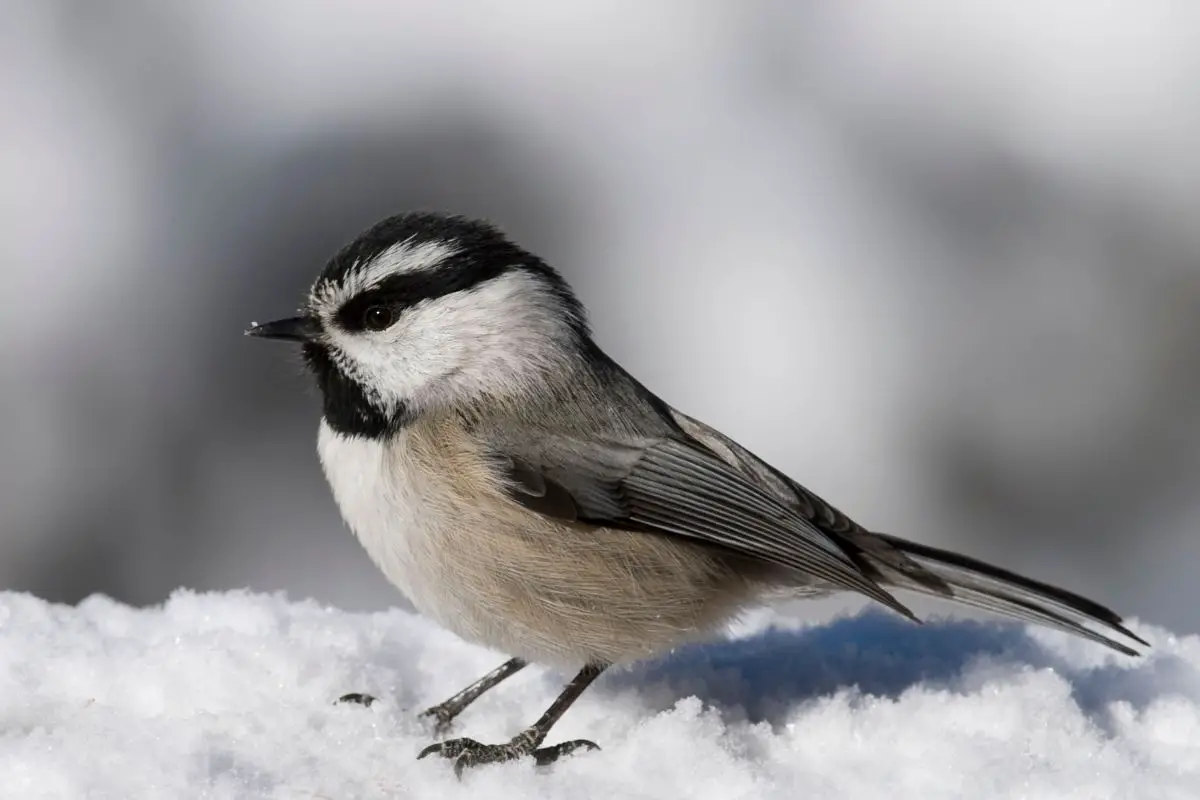
The warning calls a Chickadee makes are not simply to imply that a threat is near. They have nuances in these calls that indicate the type of predator and also the magnitude of the threat it poses. For example, they have a different call for a stationary predator as opposed to a flying one.
Listen to some of the Black-capped Chickadee calls in the mp3 below:
Find out how birds such as the Black-capped Chickadee survive the cold winter nights in this post.
The Extraordinary Memory Of A Chickadee
If you are one of those people who (like me) walk into a room and instantly forget why you walked in there in the first place, perhaps you should skip this section of the article!
The memory of a Black-Capped Chickadee is nothing short of phenomenal. This remarkable little North American bird will store (or cache) food for the winter.
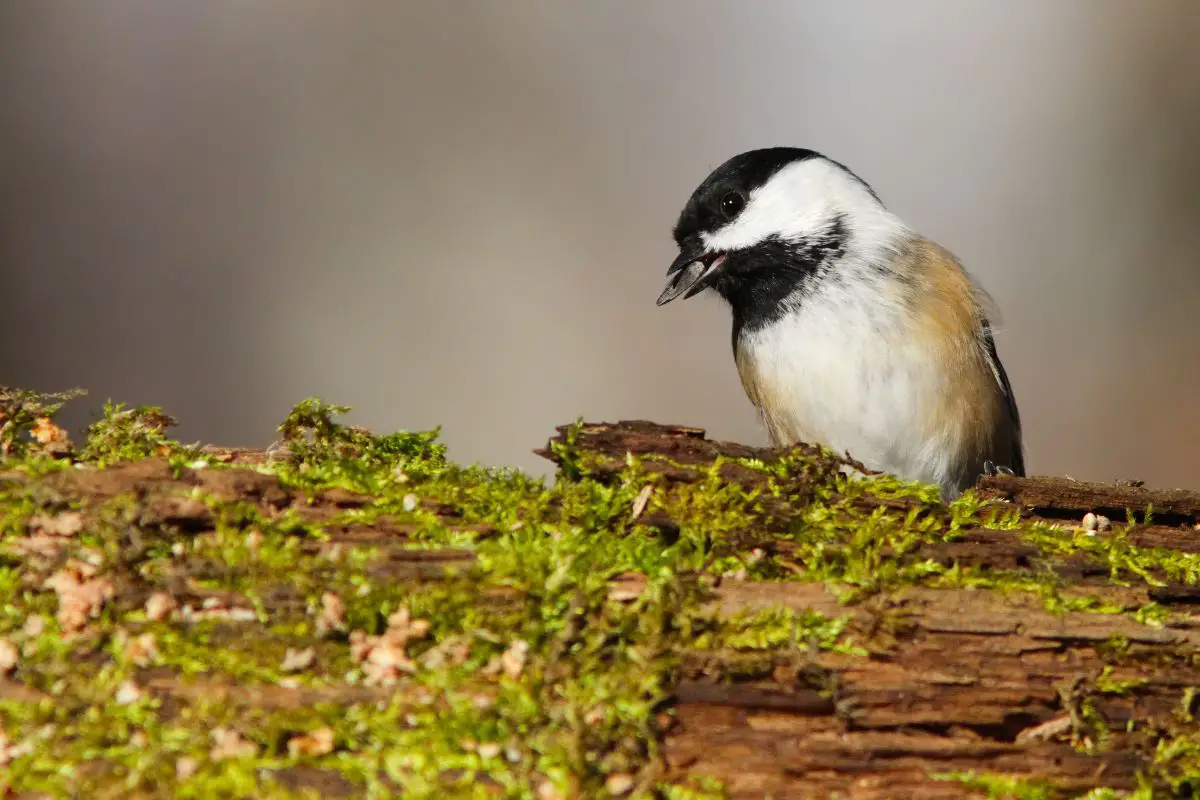
They stash food in thousands of different hiding places such as tiny crevices in the bark of trees. They can remember the location of a single item of food for up to 6 months and return to eat it when food sources are scarce. I struggle to remember what I did yesterday?!
Chickadees do this with a brain roughly twice the size of a pea that weighs only 0.6 or 0.7 grams?! However, it is not the size of the brain that matters but the size of the brain compared to the size of the body.
Brain To Body Size Comparison
Humans have a rather large brain for their body size. This is called a hyperinflated brain.

A person of around 63.5kg (140lb) has a brain that weighs around 1.36kg (3lb). This is a rather large weight to carry around at the very top of your body. Luckily, our bodies have balance mechanisms that help us achieve this fairly easily.
We tend to look at the size of small birds and assume they must be quite dumb as they have small brains. However, Chickadees have brains that are double the size of birds in the same body weight range. When you take that into account, it’s clear that we need to change our thinking when it comes to smarts vs size.
Keep An Eye Out For Smart Small Birds

Spend some time in your garden or local park watching the small birds that visit. I am sure you will soon notice some very intelligent behavior.
In my opinion, just looking into the eyes of a small bird is enough to notice its intelligence. There is something in their eyes, a glimmer of cleverness that acts as a neon sign for the cunning, calculating brain behind them.
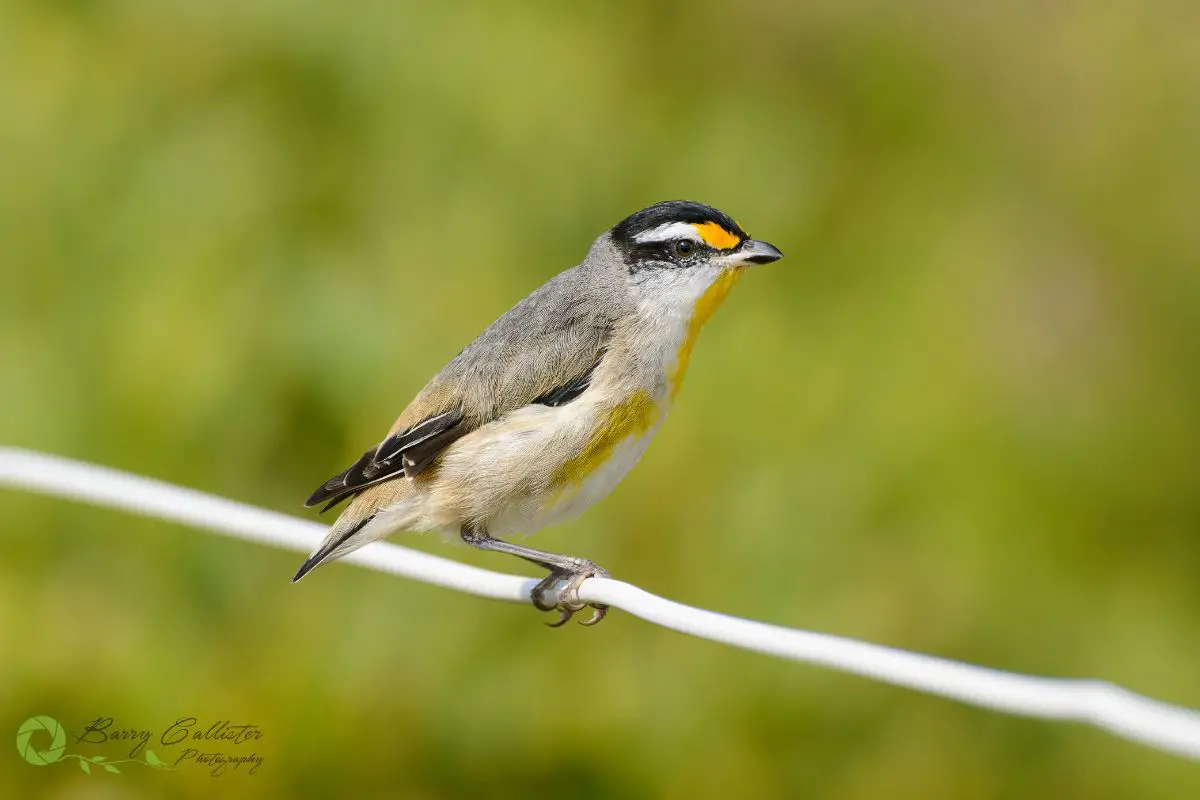
Small birds are smart. There is no doubt about that. Perhaps they are not as smart as we believe ourselves to be but then perhaps we may need to change how we define and measure intelligence…
Discover so much more about the intelligence of birds in Jennifer Akerman’s book The Genius Of Birds from Amazon, Walmart, or eBay:
Australian readers can also get the book from Catch.com.au by clicking here.
References
- The Oxford Dictionary
- Gardner’s Theory of Multiple Intelligences – verywellmind.com
- Birds Of The World – The Cornell Lab Of Ornithology

